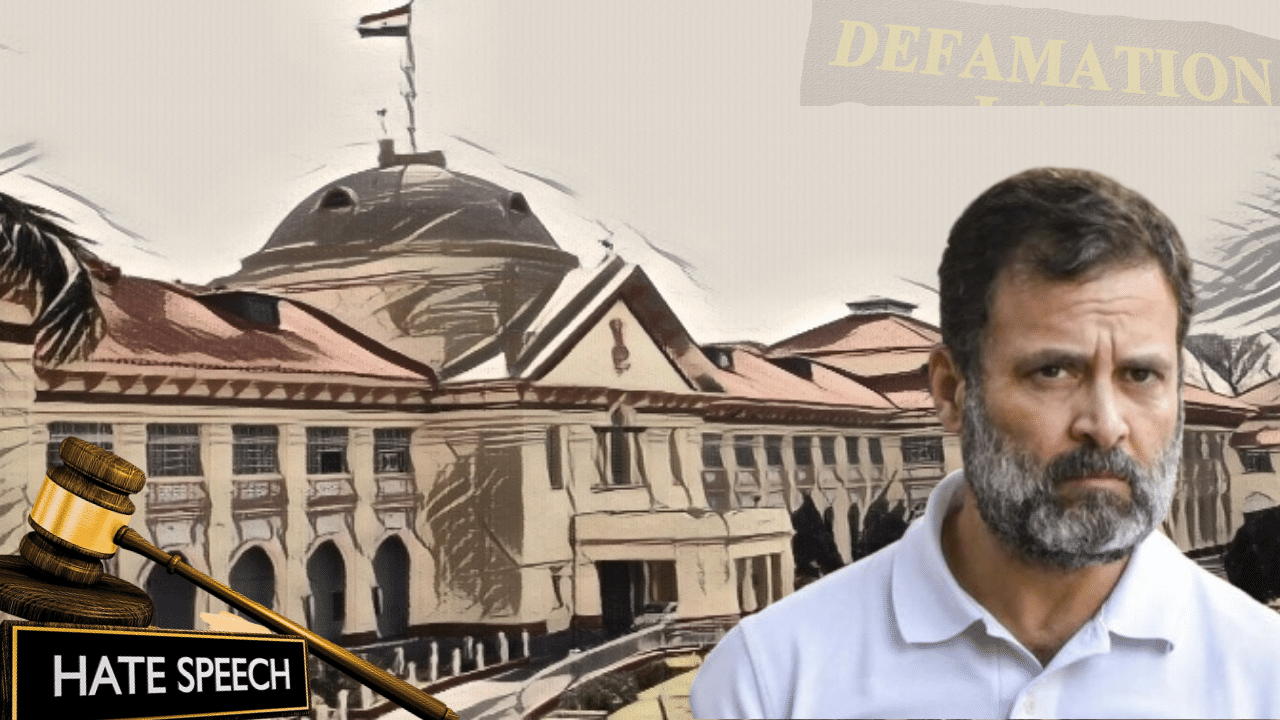On March 23, 2023, a court in Surat, Gujarat, convicted Congress leader Rahul Gandhi
in a similar defamation case over his statement “why all thieves share the Modi surname”. This led to his disqualification as a Member of Parliament from the Lok Sabha. The conviction in Surat has raised concerns among Congress supporters, who view it as an attempt to suppress freedom of speech and criticism of the ruling government.
In a related development, an MP/MLA court in Bihar’s Patna district has directed Rahul Gandhi to appear before it on April 12, 2023, to record his statements under Section 313 of the Criminal Procedure Code (CrPC) in a defamation case filed against him by Rajya Sabha MP Sushil Kumar Modi. The case was filed in 2019 under Section 500 of the Indian Penal Code (IPC) for Rahul Gandhi alleged defamatory statement during a political campaign in Karol.
Several witnesses, including Nitin Nabin, the then road construction minister in the Bihar government, Manish Kumar, the president of BJYM Bihar, senior advocate SD Sanjay, senior advocate Subodh Jha, advocate Arjun Kumar, and advocate Ratnesh Kumar, have already appeared in court and recorded their statements on behalf of Sushil Modi. The court has ordered that Rahul Gandhi must appear in person to record his statements.
The case revolves around Rahul Gandhi statement during a political rally in Karol, where he allegedly said, “why all thieves share the Modi surname.” Sushil Modi, who is from the same community as Prime Minister Narendra Modi, took offense to the remark and filed a criminal complaint against Rahul Gandhi for defamation.
Section 500 of the IPC defines defamation as any imputation made with the intention to harm a person’s reputation or with the knowledge that it will cause harm. The punishment for defamation is imprisonment for up to two years, a fine, or both.
Defamation cases are not uncommon in Indian politics, where leaders often make controversial statements about their opponents. However, the conviction of Rahul Gandhi in Surat and the ongoing case in Patna have raised questions about the limits of freedom of speech in India and the use of criminal defamation laws to silence political opponents.
Rahul Gandhi appearance before the court on April 12 is significant, as it will give him an opportunity to present his side of the story and refute the allegations made against him. Section 313 of the CrPC empowers the court to question the accused after the prosecution has presented its evidence to ensure that all facts have been fully disclosed and this is to ensure that there is no vagueness or uncertainty in the case.
The outcome of the case will be closely watched, as it could have far-reaching implications for Rahul Gandhi and the Congress party. If found guilty, Rahul Gandhi could face imprisonment and fines, as well as damage to his reputation and credibility.
The use of criminal defamation laws to silence political opponents has been criticized by human rights organizations, who view it as an infringement on freedom of speech and expression. In recent years, there have been calls to reform or repeal criminal defamation laws in India, as they are seen as outdated and inconsistent with modern standards of free speech.
Delhi HC: Non-signatory can be impleaded in arbitration; rejects interim award challenge.









Leave a Reply